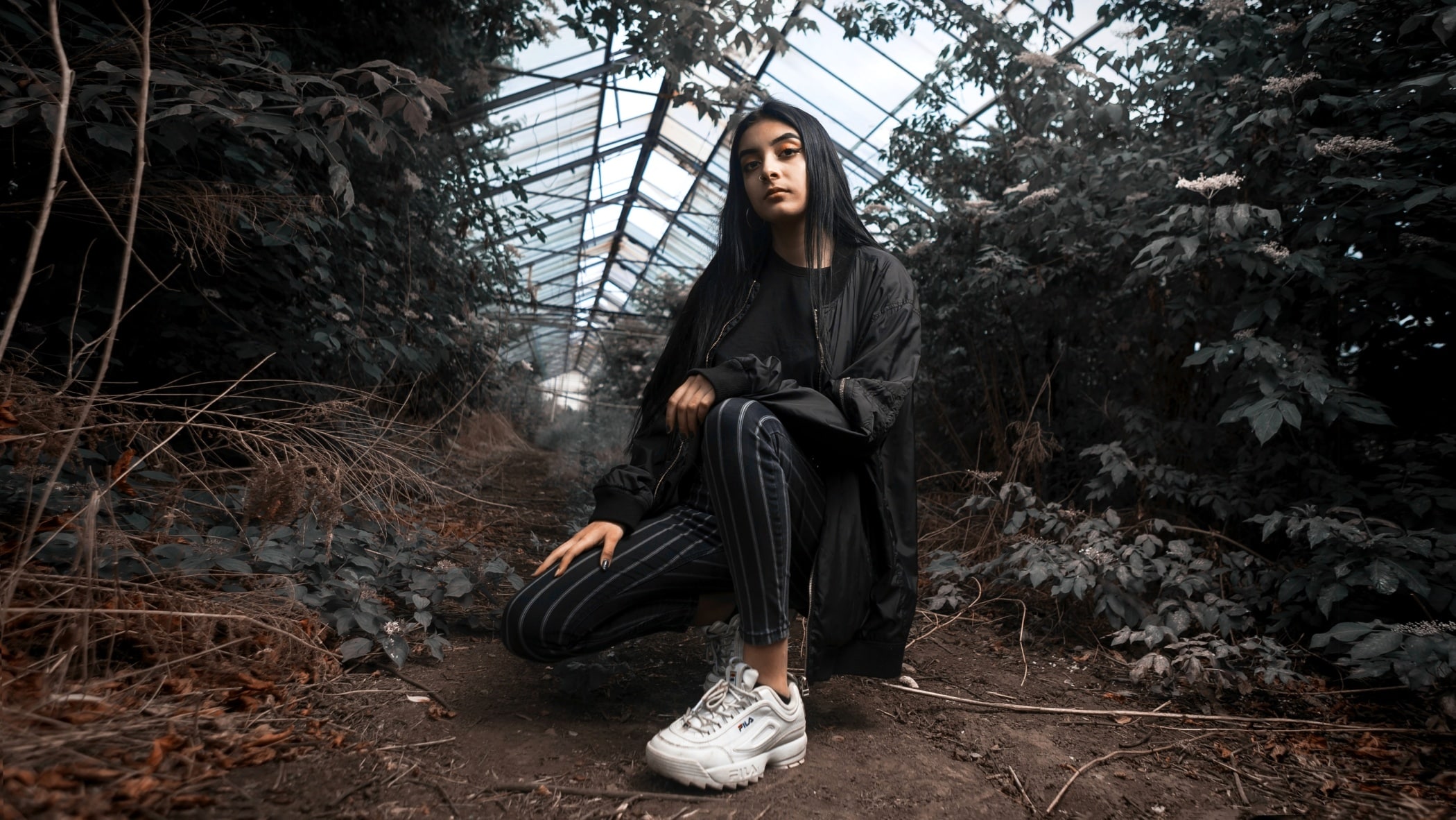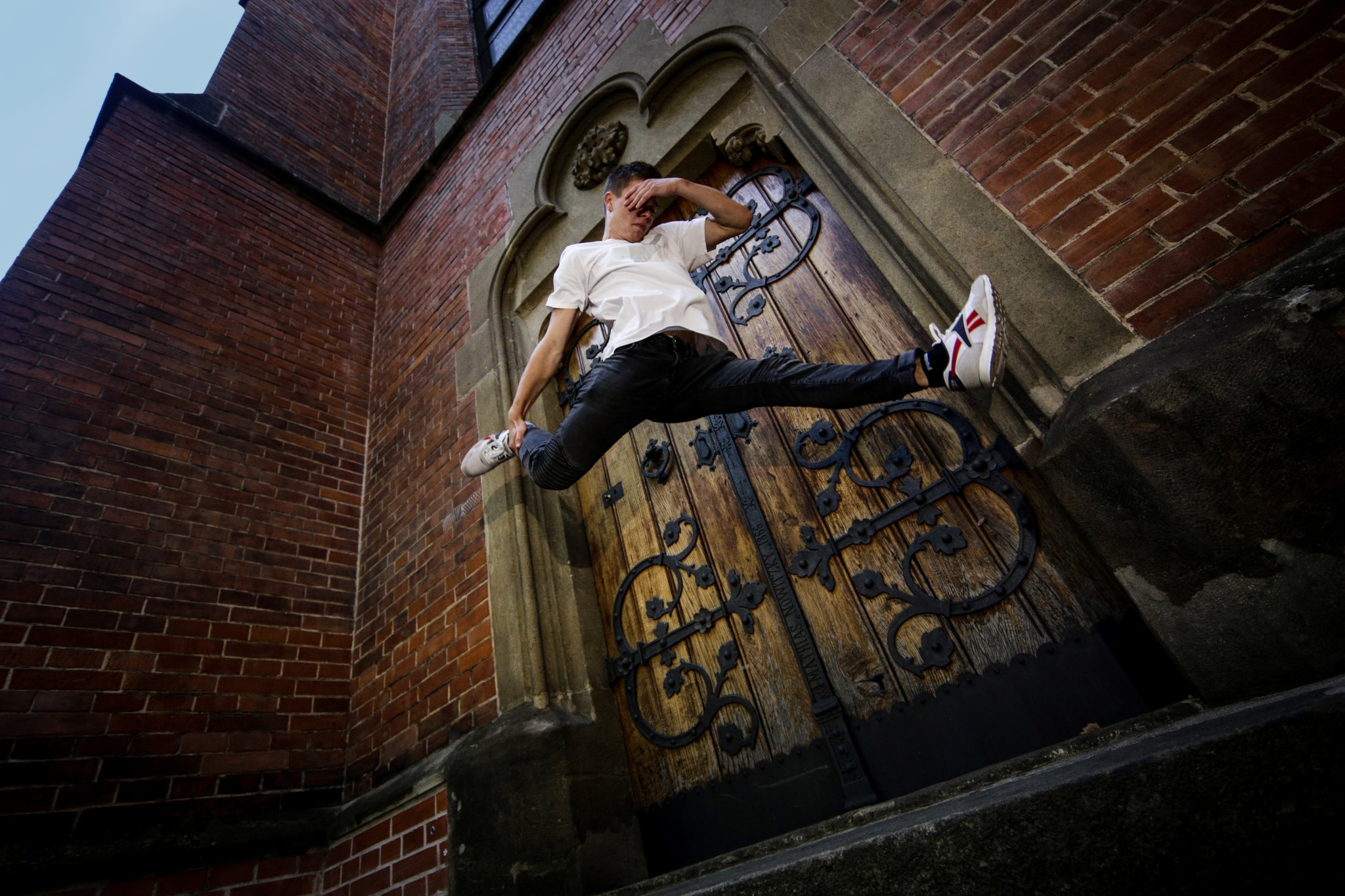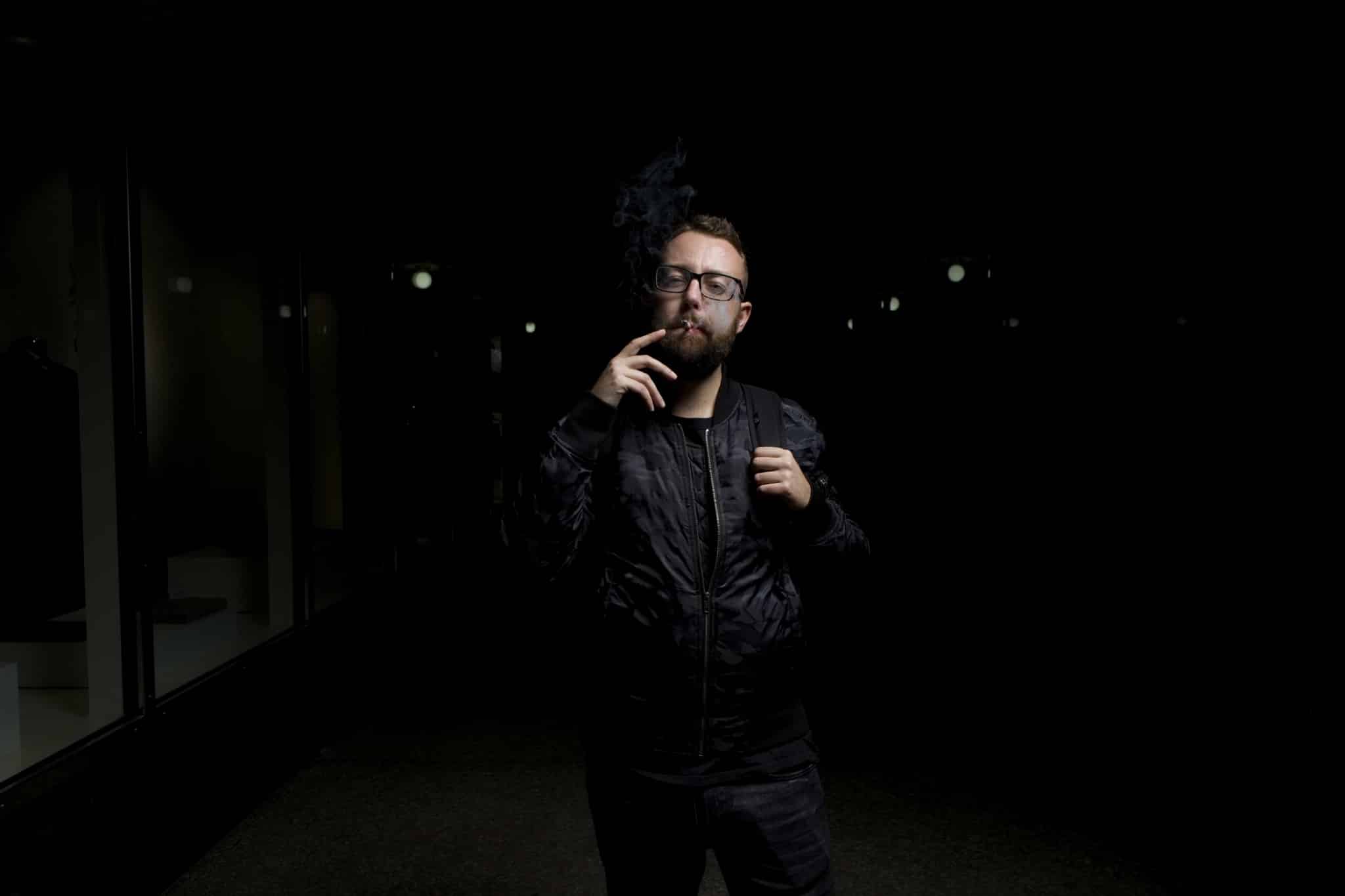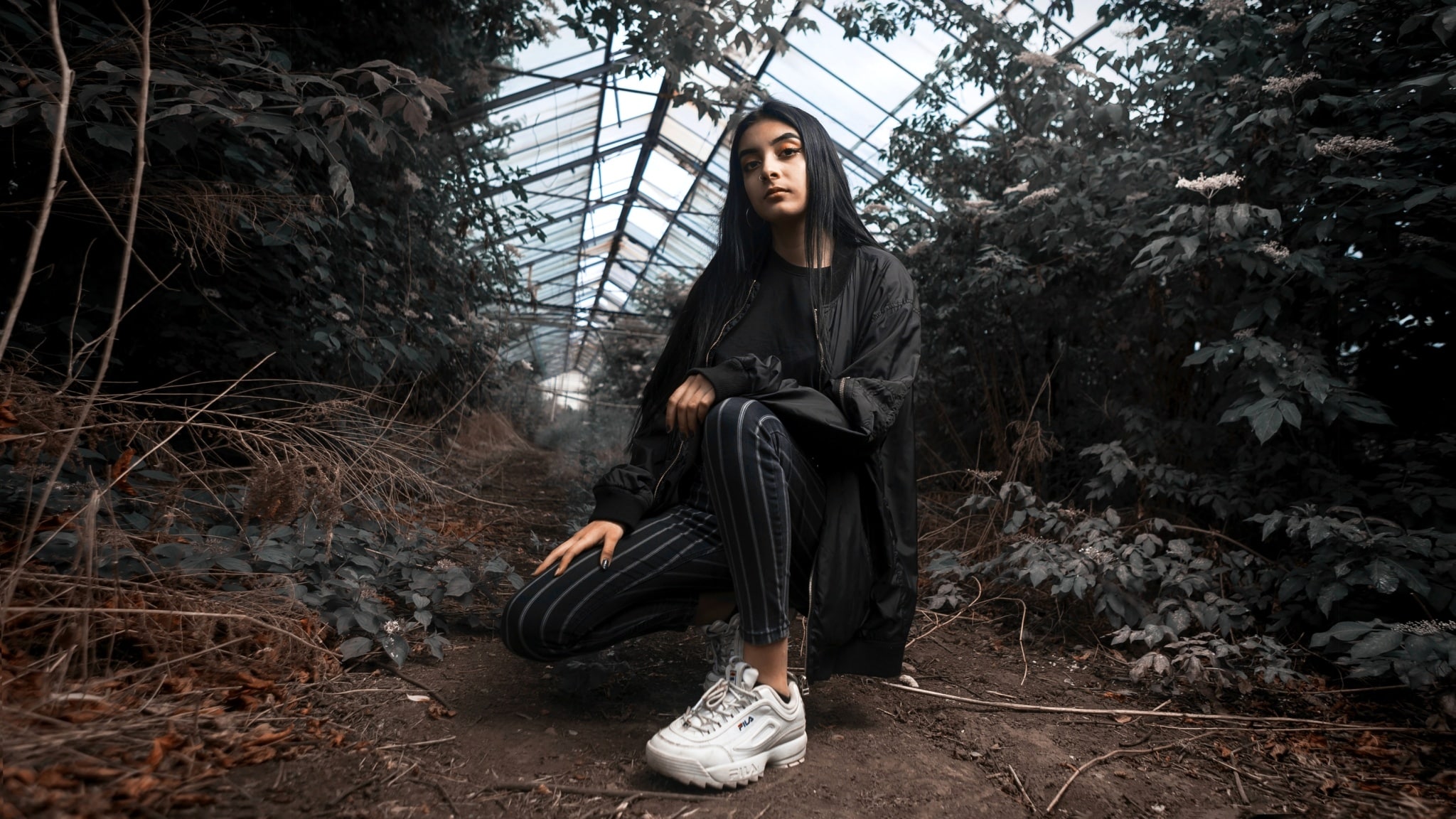Wide-angle Lenses for Portrait Photography? Sure—Just Stand Back and Choose the Right Angle

Wide-angle lenses are generally used for photographing landscapes and architecture. But what about using them to take portraits? In this article, we’ll look at how to position your subject when you’re shooting portraits with an ultra-wide lens, how high to shoot from, and what to keep in mind when choosing an environment.
Most often you’ll hear the advice that portraits are best taken with a long lens. The range from 85 mm to 135 mm (for cameras with full-frame sensors) tends to be recommended. But in this article, we’ll show you that lenses with short focal lengths (35 mm and less) can be used to take great portraits too.
Place Your Subject in the Middle of the Picture
Due to their construction, ultra-wide lenses cause strong distortion, especially at the edges of the frame. To get lifelike proportions, try to keep your subject in the middle of the frame and find a distance at which their proportions will be retained and no deformation will occur.

Choose the Right Angle
All it takes is a slight tilt of the camera, and your original picture can take on a completely new character. You can put this fact to very good use if you want to give your subject longer legs, for example, or distort their environment, as in the photo below:


If deforming proportions is not your goal, you’ll need to be careful about the angle of your photo’s plane of focus, so that you don’t accidentally shrink your subject’s head, etc. So try to hold the camera level with your subject while taking your pictures to avoid this deformation.

Check these out too: Why Should I Zoom In For Portraits?.
Watch Out for Layout
If you want to fit multiple people into one picture, for example, the people in front will look considerably larger than the ones behind them. You need to account for how this difference becomes considerably more noticeable when you’re using ultra-wide lenses.

Position Your Subject Within Their Environment
Your positioning of your subject can have a fundamental effect on the final photo. A background that reaches to infinity will look different than having a wall behind your subject. So don’t be afraid to experiment!
You’ll definitely find lots of new compositions with ultra-wide lenses. That’s because they have the great advantage of letting you get much more of the surroundings into the frame due to their wide angle, which is something that you can work with creatively.

Ultra-wide lenses offer one very large advantage as well: Even if you forget to raise your f-number to get higher depth of field, your final photo will almost always be sharp.
See also: Lens Basics—Choose the Right Lens for You.
Don’t Be Afraid of Short Focal Lengths!
You don’t need to worry about using wide lenses. Just take care to keep your subjects’ faces from undergoing ugly deformation, and everything will go smoothly. Experiment and try out new approaches, and you’re sure to find interesting compositions with these lenses!
